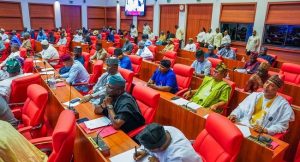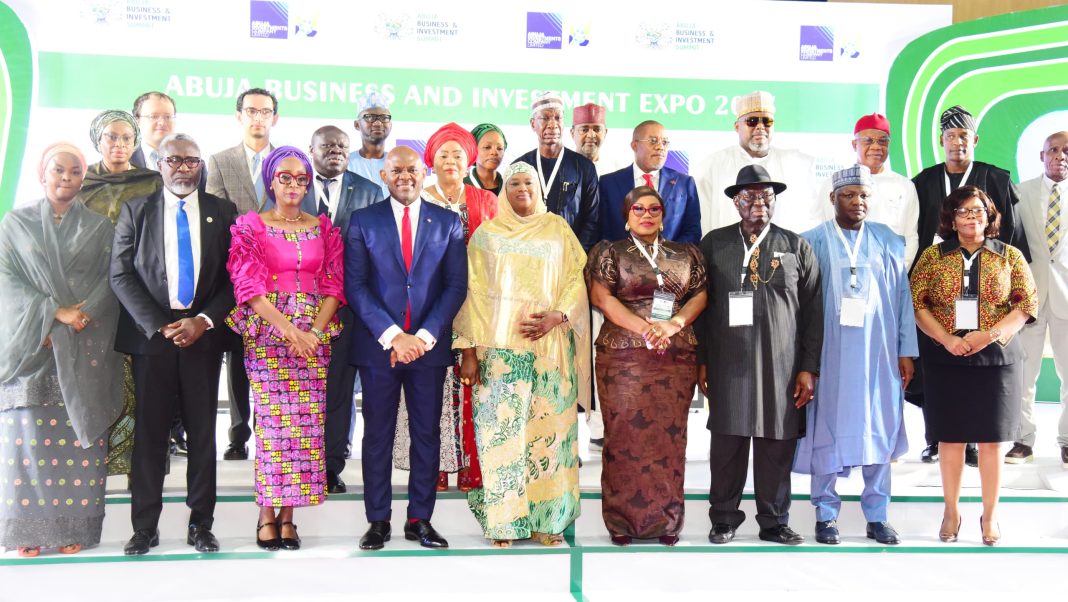
Top officials from the Federal Government and the National Assembly are set to embark on a high-level diplomatic mission to Washington D.C. in a bid to prevent possible United States sanctions over allegations of Christian persecution and genocide in Nigeria.
The delegation—comprising lawmakers, senior military officers, and heads of key security agencies—will meet with members of the U.S. Congress to clarify Nigeria’s position and counter what it calls a “misleading narrative” about a supposed genocide against Christians.
This follows a resolution by the 10th Senate, sponsored by Senator Ali Ndume, urging the Federal Government to “set the record straight” and engage diplomatically to avert sanctions.
According to government sources, the team will present evidence demonstrating that Nigeria’s security challenges are not religiously motivated but stem from terrorism, banditry, and communal conflicts. The delegation is expected to depart Abuja early next week.
The move comes amid heightened pressure from U.S. lawmakers and advocacy groups over continued attacks on Christian communities in Nigeria. Senator Ted Cruz recently accused the Nigerian government of “mass murder” of Christians and introduced the Nigeria Religious Freedom Accountability Act of 2025 (S.2747), which seeks to designate Nigeria as a “Country of Particular Concern.”
If passed, the bill could lead to travel bans, restrictions on arms sales, and other economic penalties against Nigeria.
The Nigerian Senate has already dismissed the genocide allegations as “false and dangerous,” warning that such claims risk damaging the country’s global image and fueling religious tensions at home. Lawmakers insist the violence is driven by criminality and resource conflicts, not state-backed religious persecution.
Data from the Armed Conflict Location & Event Data Project (ACLED) indicates that between January 2020 and September 2025, Nigeria recorded over 11,800 civilian attacks. Of these, 385 incidents involved Christian victims and 196 targeted Muslims—figures underscoring the broad, nonsectarian nature of the insecurity.
Federal officials say the Washington engagement is critical to preserving Nigeria’s strategic ties with the U.S. and maintaining cooperation on intelligence sharing, counterterrorism, and defense. They warn that any sanctions could jeopardize ongoing security collaborations.
Despite Abuja’s clarifications, some American lawmakers remain unconvinced. Representative Anna Luna declared, “Christians are being hunted and slaughtered in Nigeria for their faith — and the world stays silent. If this were any other group, there’d be global outrage.”
Her colleague, Representative Nancy Mace, echoed the sentiment, saying, “Defend Nigerian Christians. Islamic terrorists are killing believers for worshipping Christianity while the world looks the other way.”
Earlier this month, the Nigerian Senate also condemned similar claims from international advocacy groups, describing them as politically motivated and detached from the realities of Nigeria’s multifaceted security crisis.



